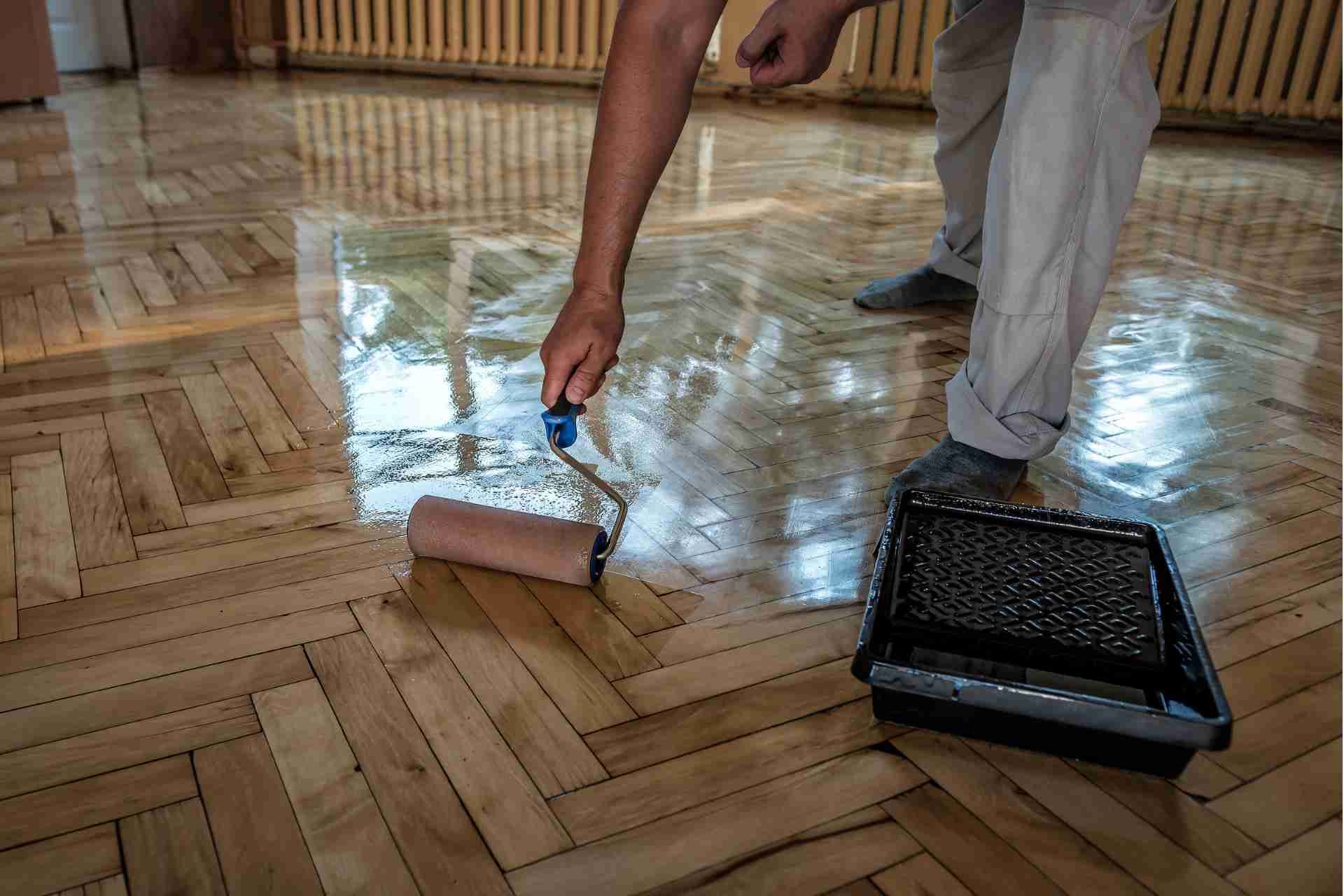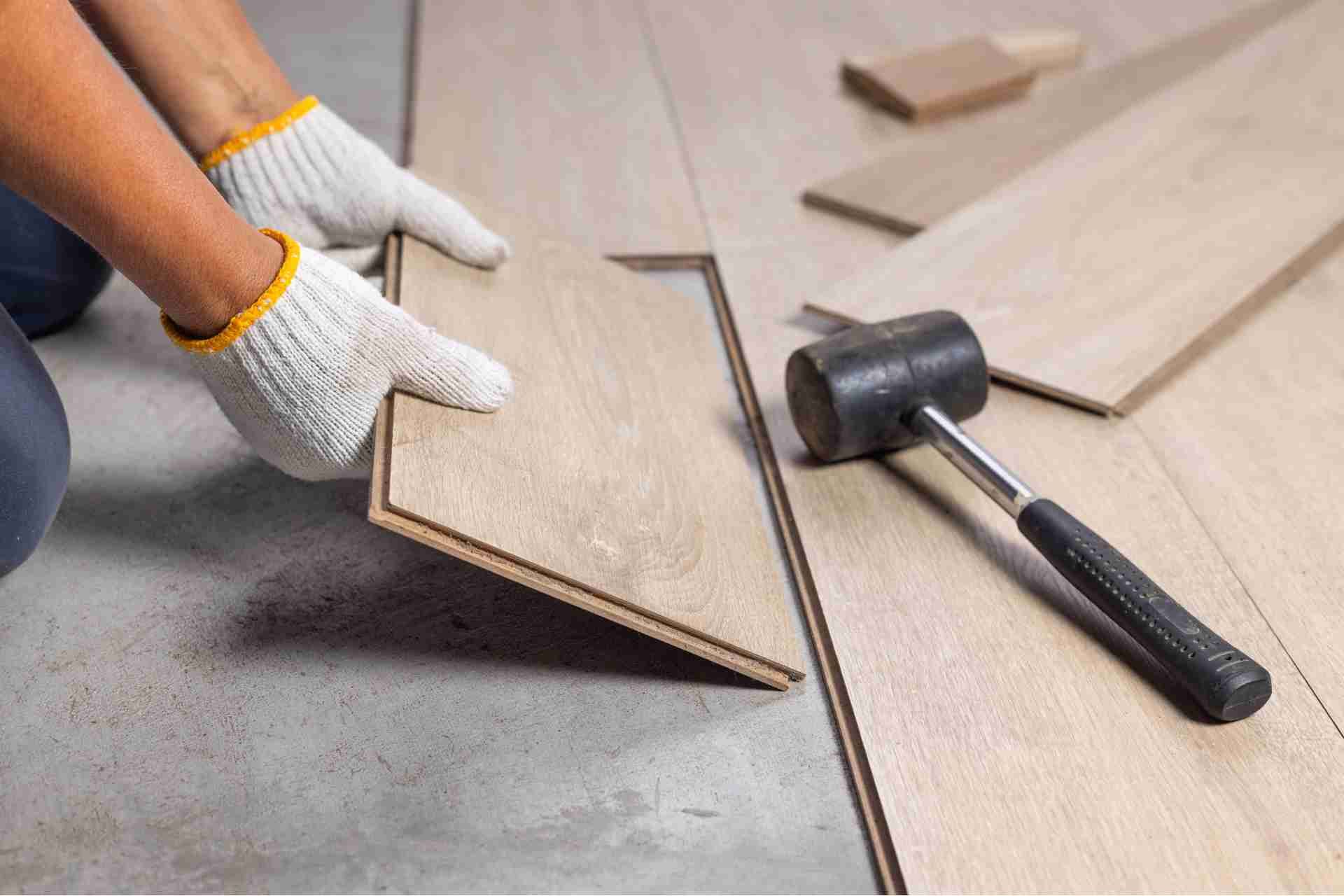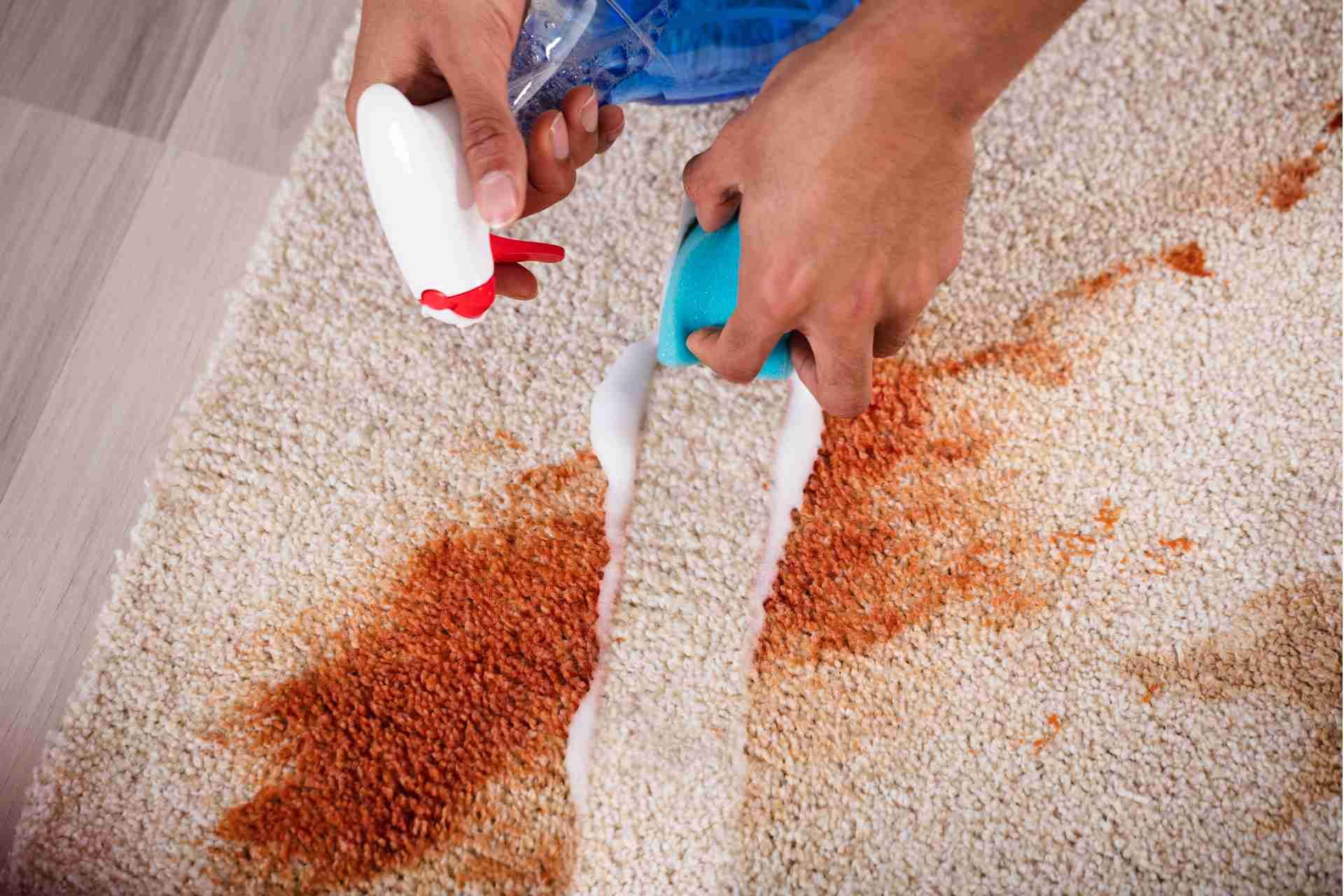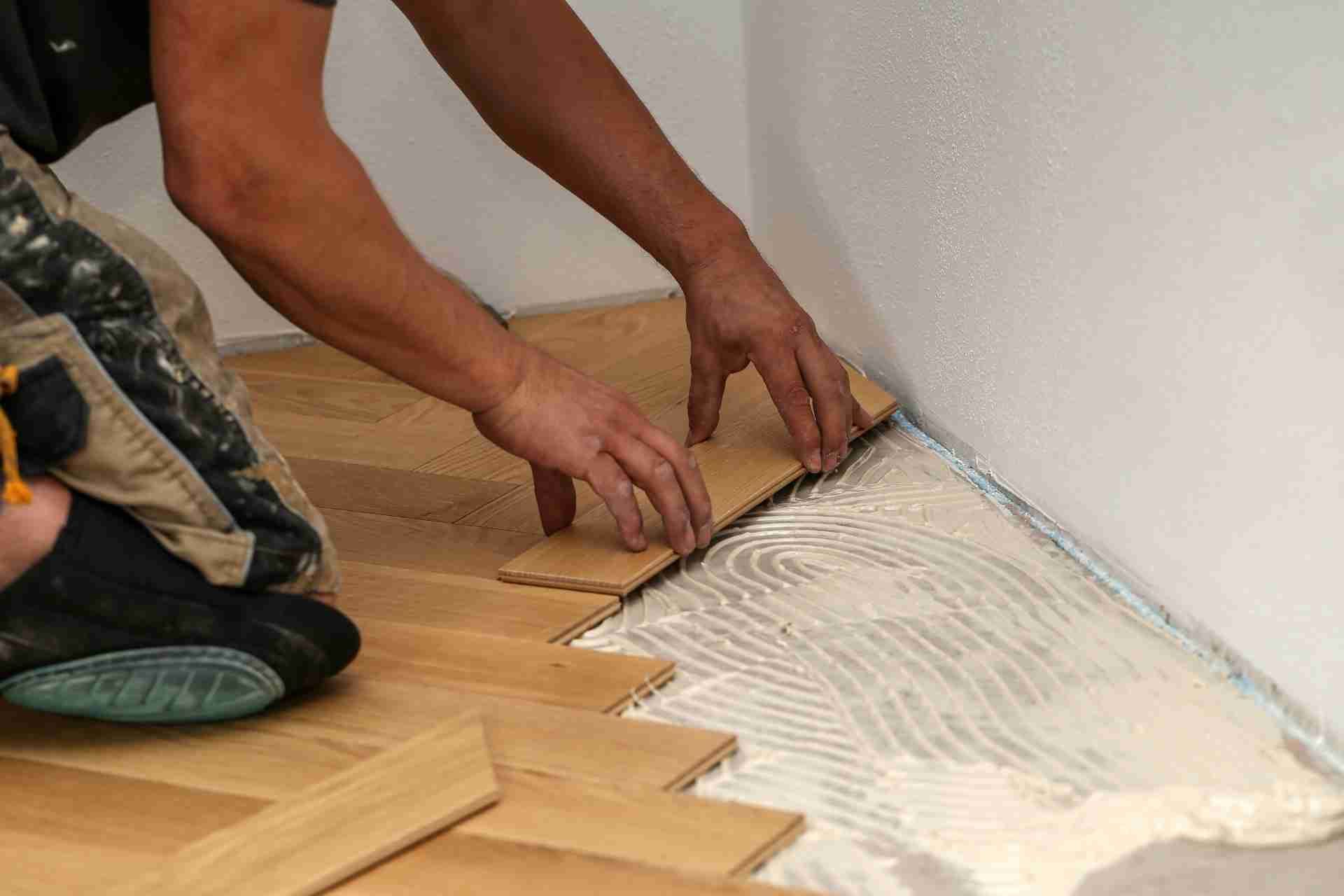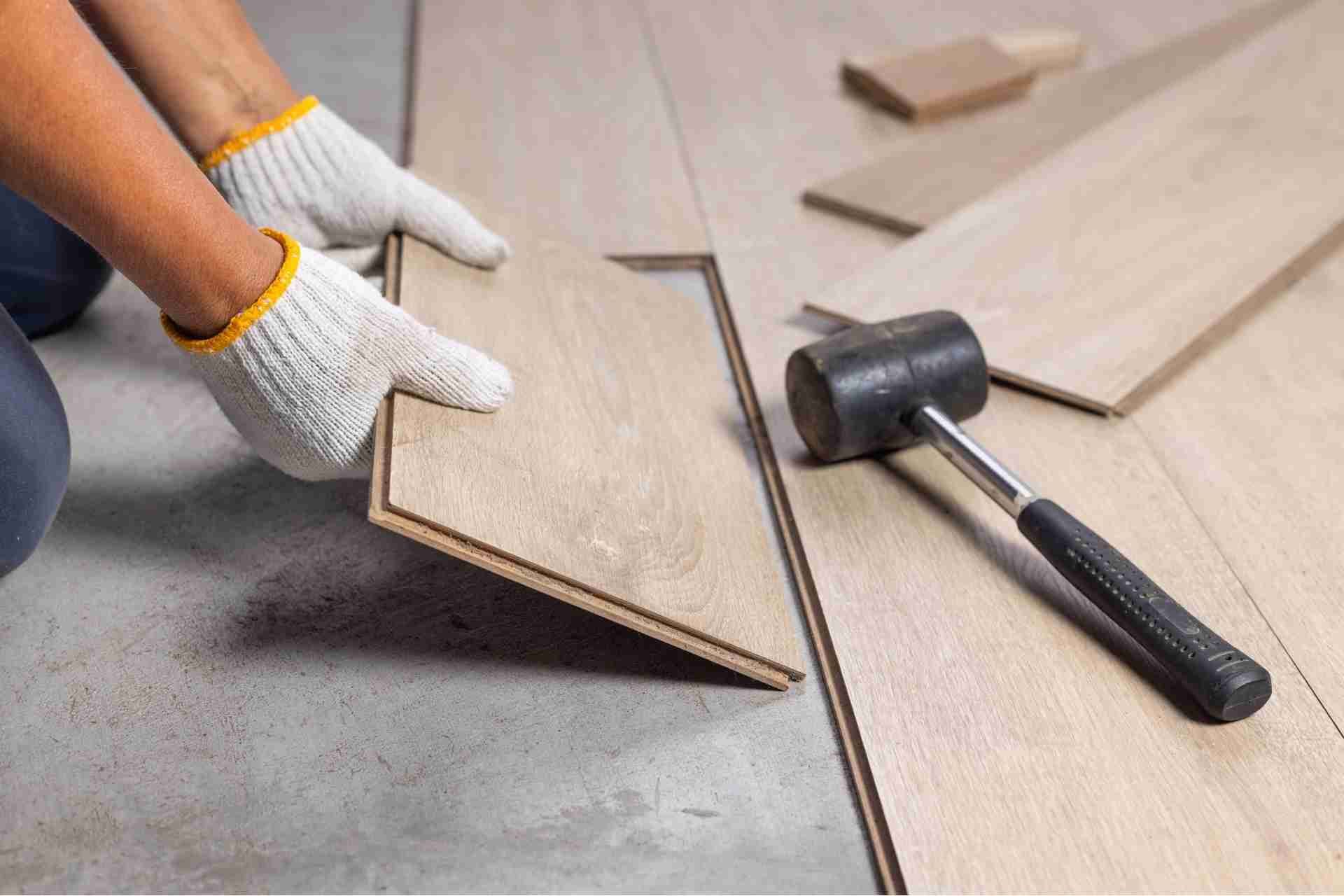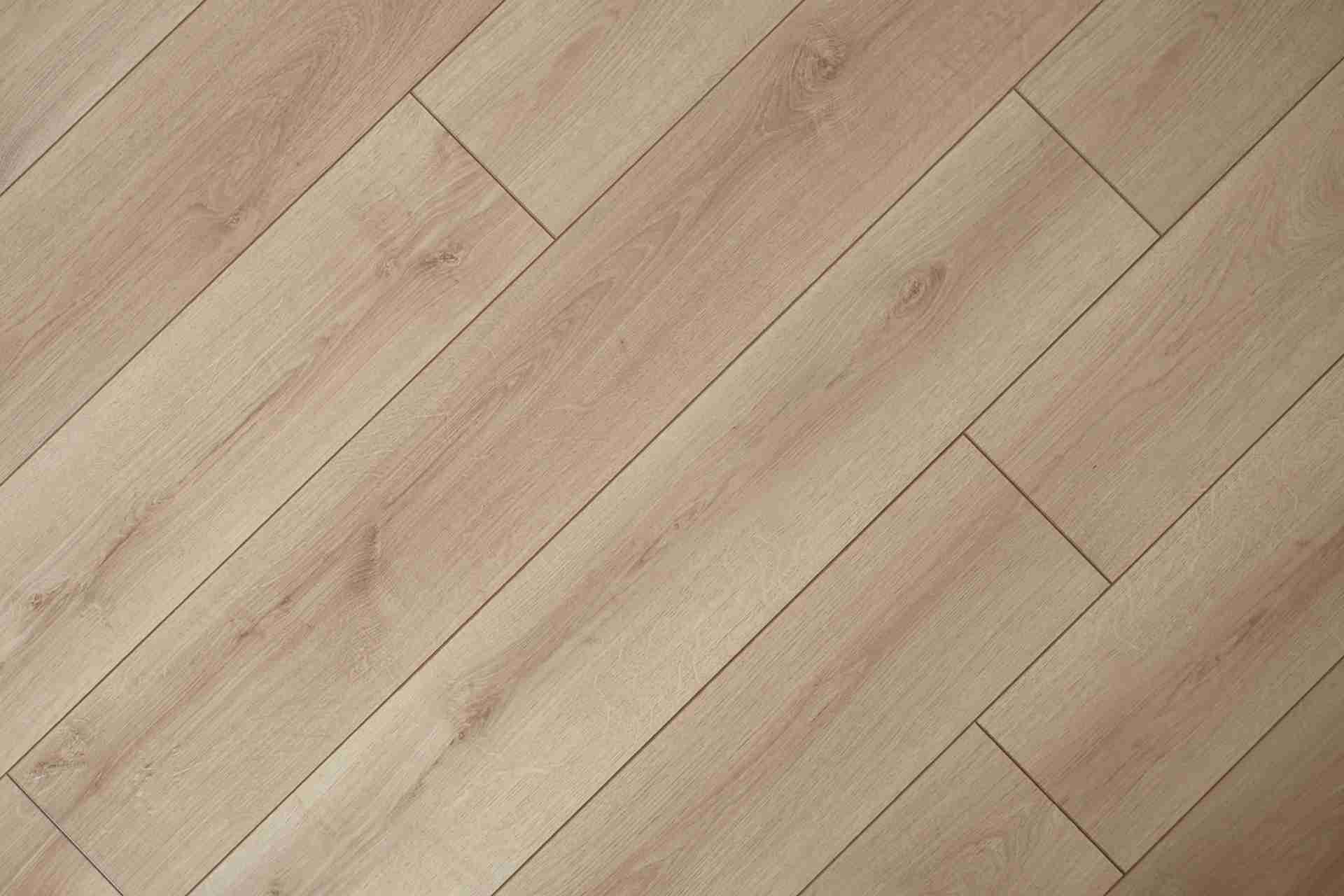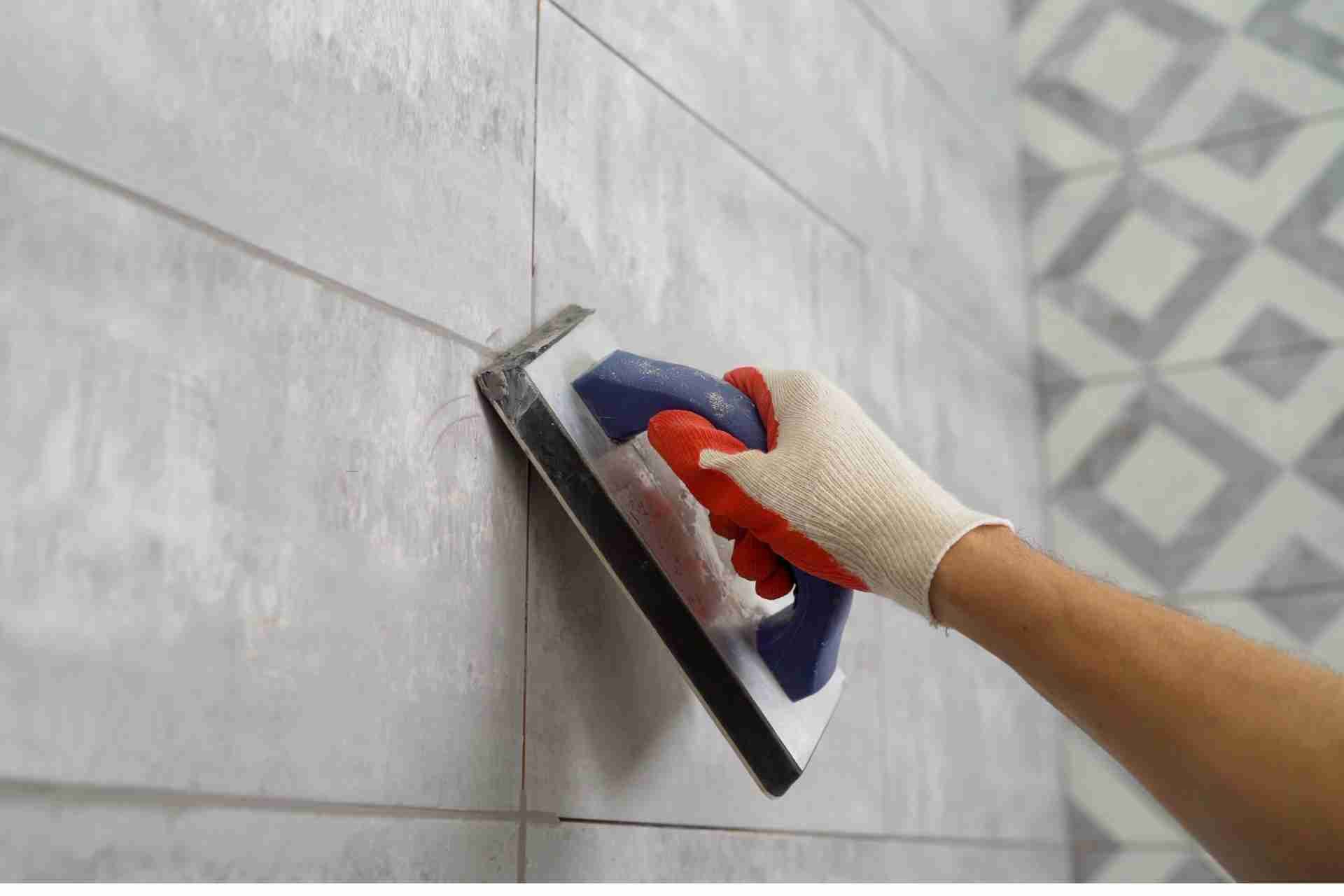Do I need Underlayment for Vinyl Plank Flooring?
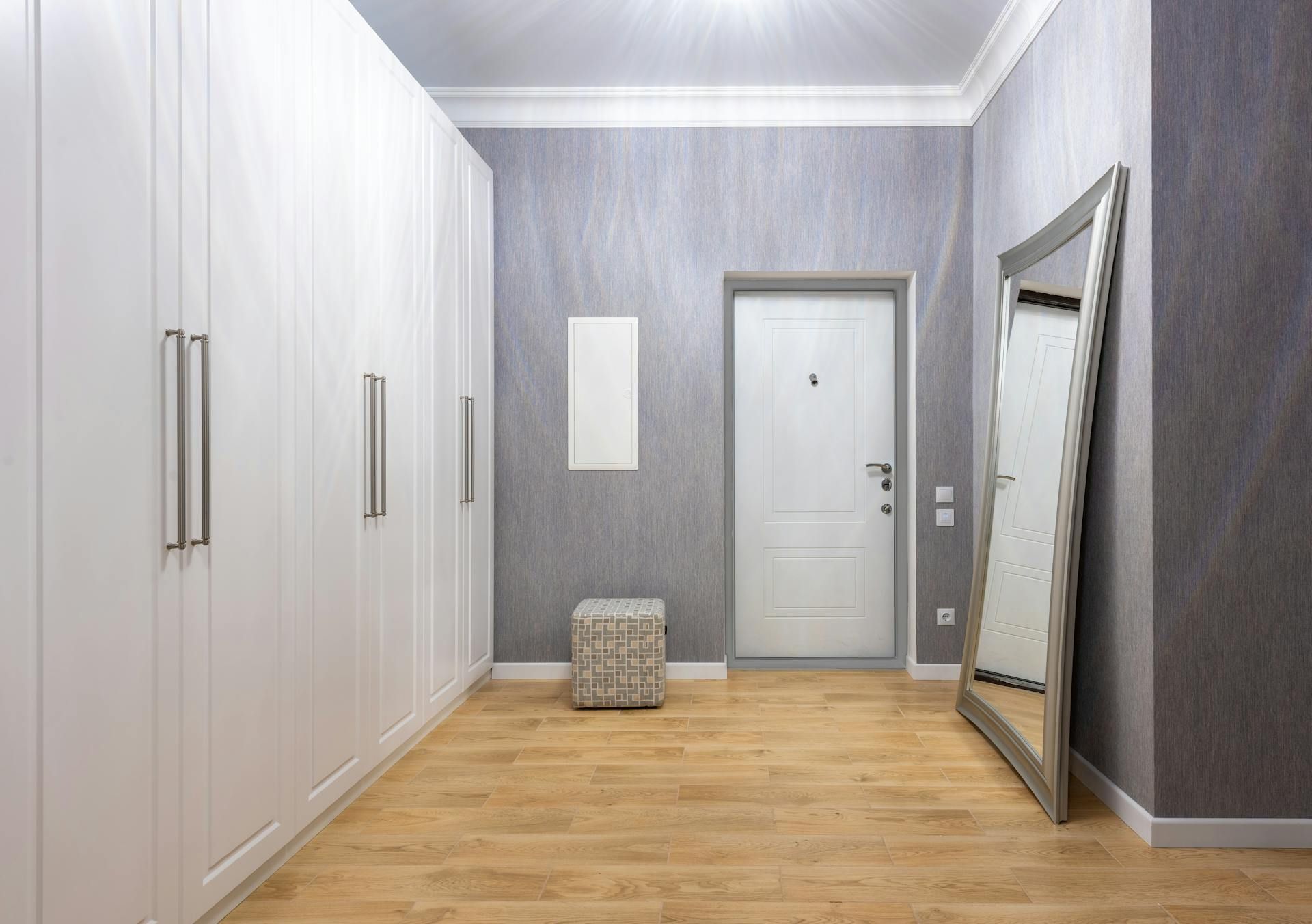
Vinyl plank flooring has gained immense popularity in recent years due to its durability, ease of maintenance, and realistic wood-like appearance. It has quickly become a go-to choice for homeowners seeking a cost-effective and attractive flooring option. If you have decided to install vinyl plank flooring, you might be wondering whether or not you need underlayment. Explore the benefits of using underlayment for vinyl plank flooring and help you make an informed decision.
What is underlayment?
Underlayment refers to a layer of material that is typically installed as a base between the subfloor and the flooring surface. Its main purpose is to provide stability, insulation, sound reduction, and additional moisture protection.
Reasons to consider underlayment for vinyl plank flooring
1. Enhanced Comfort and Durability
Underlayment can help create a more comfortable surface to walk on, as it offers a cushioning effect underfoot. It also acts as a buffer between the vinyl planks and the subfloor, reducing the risk of any imperfections or irregularities affecting the durability and long-term performance of your flooring. The underlayment helps to absorb impact, reducing wear and tear on the vinyl planks, thus extending their lifespan.
2. Moisture Protection
While vinyl plank flooring is considered water-resistant, it is not entirely waterproof. Installing an underlayment with added moisture barrier properties can provide an extra layer of protection against potential moisture seepage from the subfloor, helping to prevent any damage or warping of the flooring.
3. Sound Insulation
Vinyl plank flooring can sometimes produce a hollow sound when walked upon, especially in rooms with poor acoustics. Incorporating an underlayment with soundproofing properties can help minimize noise transmission, creating a quieter and more peaceful living environment. This is particularly beneficial for multi-story homes or buildings where foot traffic noise can be bothersome.
4. Smoother Surface and Easier Installation
Underlayment helps to create a level and smooth surface for the vinyl planks to lay upon, eliminating any subfloor imperfections. This not only improves the overall aesthetics of your flooring but also makes the installation process easier and more efficient. It allows for a tighter and neater fit of the planks, reducing the chance of them shifting or buckling over time.
How Do I Know If I Need Vinyl Flooring Underlayment
So how do you know if you need vinyl flooring underlayment? Let's delve into this question and discuss the factors that can help you make an informed decision.
Assess the condition of your subfloor
The first step in determining if you need underlayment is evaluating the condition of your subfloor. Is it even, flat, and free from any bumps or irregularities? If your subfloor is in good shape and properly prepared, it may not require underlayment. However, if there are any imperfections that can affect the installation or cause future issues, underlayment can help provide a smooth and stable surface for your vinyl flooring.
Consider moisture levels
Vinyl flooring is water-resistant, but excessive moisture can still seep through the seams and cause damage over time. Underlayment with vapor barrier properties can act as an additional layer of protection against moisture and help prevent any potential problems. This is especially important in areas prone to high humidity or where water spills are likely to occur, such as bathrooms or kitchens.
Evaluate noise reduction needs
Vinyl flooring can sometimes be noisy, particularly in high-traffic areas or apartments where soundproofing is essential. Underlayment with sound-dampening properties can greatly reduce the noise transmission, providing a quieter and more comfortable environment. This is particularly relevant for installations in multi-story buildings or rooms where noise reduction is a priority.
Enhance underfoot comfort
Underlayment can significantly impact the underfoot comfort of your vinyl flooring. It can add cushioning and softness, making it more enjoyable to walk on for long periods. This is especially beneficial in areas like bedrooms or living rooms where comfort is a top concern.
Increase thermal insulation
In colder regions or rooms without proper insulation, underlayment can offer an additional layer of thermal insulation. It helps to retain heat, making your vinyl flooring more comfortable underfoot, as well as reducing energy bills by retaining warmth.
What Kind of Underlayment Do I Need?
If you're installing vinyl or linoleum flooring, sound reduction may be your primary concern. These types of flooring can be noisier underfoot, especially in multi-story homes or apartments. To minimize sound transmission, choose an underlayment with sound-dampening properties. Some underlayments have ratings indicating their ability to reduce noise, so keep an eye out for those with higher Sound Transmission Class (STC) or Impact Insulation Class (IIC) ratings.
Who Should I Call for Underlayment Installation for Vinyl Plank Flooring?
Call flooring retailers like 1st Class Carpet Care.
If you've purchased your vinyl plank flooring from a reputable flooring retailer, they may offer installation services or be able to recommend qualified installers. Flooring retailers often have partnerships with trusted installers who can complete the underlayment installation for you. This option can be convenient since it involves dealing with a single provider for both your flooring purchase and installation needs.
